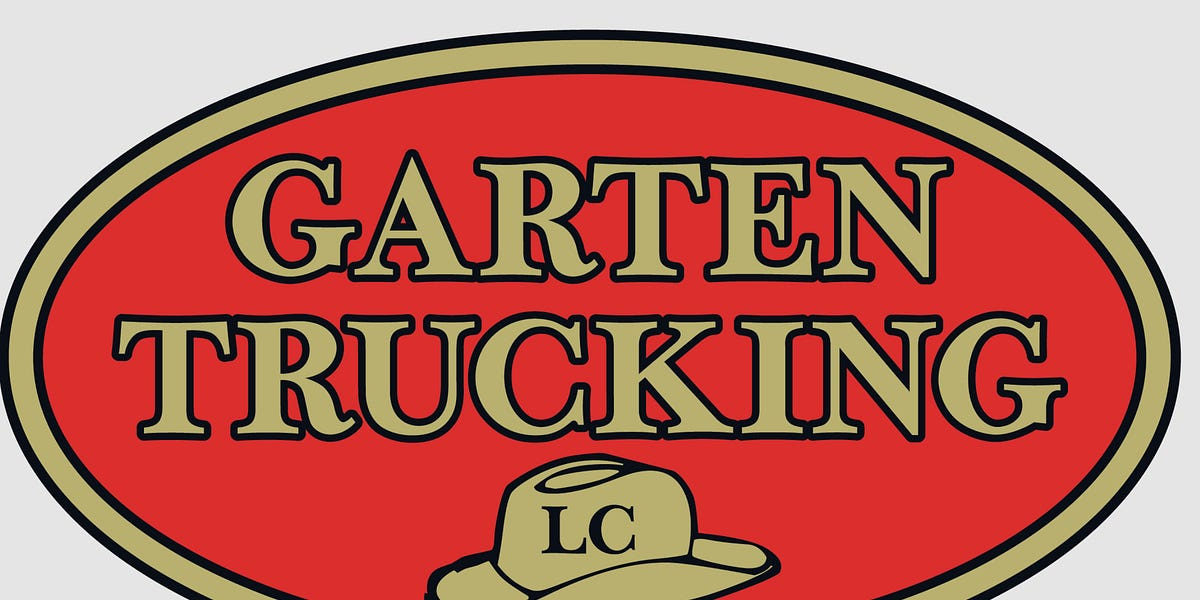06/03/2025: Fourth Circuit Affirms Employer's Message Board Post Was Coercive
Blaming union organizing for a lack of raises violates the NLRA.
Garten Trucking LC v. NLRB, 24-1571 (Fourth Circuit)
This case involves a dispute between Garten Trucking LC and the National Labor Relations Board (NLRB) regarding whether a message posted by company owner Robert "Dizzy" Garten constituted an unfair labor practice under the National Labor Relations Act (NLRA).
Background
In 2021, employees at Garten Trucking began an organizing campaign with the Association of Western Pulp and Paper Workers (AWPPW). The Union lost the subsequent representation election, but filed unfair labor practice charges, claiming violations had tainted the election results. An Administrative Law Judge (ALJ) found that Garten Trucking had engaged in various unfair labor practices, including unlawful interrogation of employees, creating an impression of surveillance, and threatening business closure if employees unionized. The ALJ ordered a new election, and the NLRB later amended the remedy to mandate bargaining with the Union.
While the case was pending, the Union continued organizing and distributed a flyer claiming credit for wage increases at the company. Garten responded with a message on the company's internal message board. Most of the message criticized the Union, but the final sentence stated: "As a matter of fact if it wasn't for them trying to steal money out of your paychecks you would already have your raises."
Legal Analysis
The Fourth Circuit examined the relationship between two key provisions of the NLRA: Section 8(a)(1), which prohibits employer interference with employee rights to organize, and Section 8(c), which protects employers' free speech rights when expressing views that contain "no threat of reprisal or force or promise of benefit."
The court contextualized its interpretation by discussing First Amendment principles applicable to campaign speech, noting that while union elections differ from public elections, both enable democratic governance. The court emphasized that the First Amendment was designed to protect political speech and preserve public discourse, with special protection for election-related speech.
The court recognized that Section 8(c) of the NLRA embodies these First Amendment principles, having been enacted as part of the Taft-Hartley Act to restore balance between employees and employers by guaranteeing both "the full exercise of the right of free speech." The provision distinguishes between persuasive speech (protected) and coercive speech containing threats or quid pro quo arrangements (unprotected).
In analyzing Garten's message, the court found that most of it constituted protected speech. Though coarse and combative, the majority of Garten's message fell within acceptable bounds of employer speech during a union campaign. The court emphasized that employers must be free to communicate their positions and share concerns about unionization costs.
However, the court upheld the NLRB's finding that the final sentence—"As a matter of fact if it wasn't for them trying to steal money out of your paychecks you would already have your raises"—violated Section 8(a)(1). Under the "totality of the circumstances" standard, this statement could objectively be perceived as a threat. By linking employees' raises to Union activities, Garten improperly implied that union efforts had previously impacted wages and that future organizing would have the same negative effect. This constituted a "paradigmatic quid pro quo" that neither the NLRA nor traditional campaign-speech doctrine protects.
The court rejected Garten's argument that employees' positive responses to his message indicated it wasn't coercive, noting that such responses could be viewed as symptoms of unfair labor practices rather than genuine indications of non-coercion.
The Fourth Circuit denied Garten Trucking's petition for review and granted the NLRB's cross-petition for enforcement, finding substantial evidence supported the Board's conclusion.
Significant Cases Cited
NLRB v. Gissell Packing Co., 395 U.S. 575 (1969): Established that Section 8(c) of the NLRA implements First Amendment principles in the labor context.
Chamber of Com. of U.S. v. Brown, 554 U.S. 60 (2008): Reinforced that Section 8(c) embodies and implements First Amendment principles in labor relations.
Citizens United v. Fed. Election Comm'n, 558 U.S. 310 (2010): Established that speech restrictions based on speaker identity often control content and reduce quantity of expression.
McCutcheon v. Fed. Election Comm'n, 572 U.S. 185 (2014): Emphasized the distinction between quid pro quo corruption and common campaign promises to safeguard First Amendment rights.
Americare Pine Lodge Nursing & Rehab. Ctr. v. NLRB, 164 F.3d 867 (4th Cir. 1999): Held that open dialogue between employers, employees, and unions nurtures a healthy bargaining process.

